Use Personalized Learning Tools to Boost Classroom Equity
EdTech Magazine
SEPTEMBER 27, 2018
Assessment is meaningful and a positive learning experience for students. Learning outcomes emphasize competencies that include application and creation of knowledge, along with the development of important skills and disposition. Classroom Technology Strengthens Competency-Based Assessment. by Wendy McMahon.



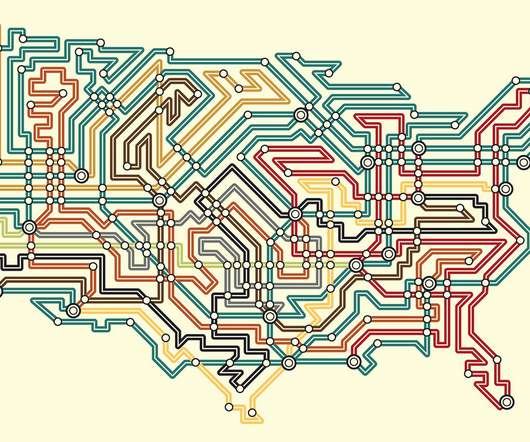


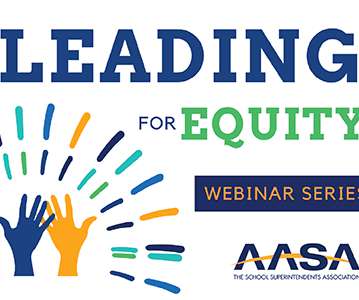





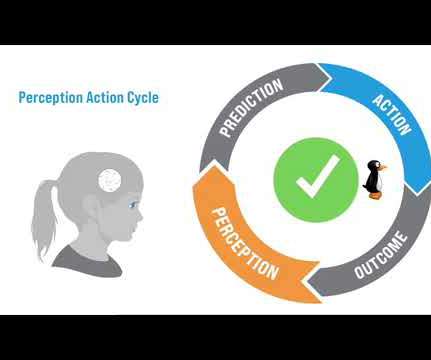
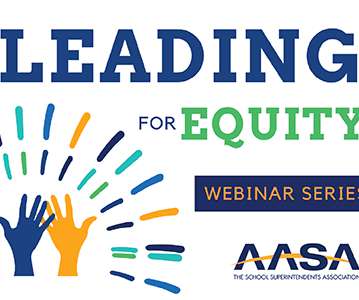





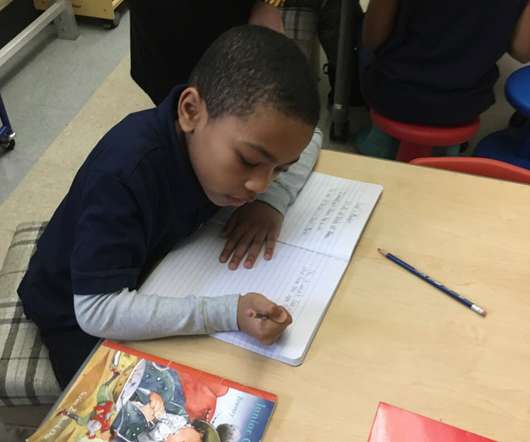










Let's personalize your content